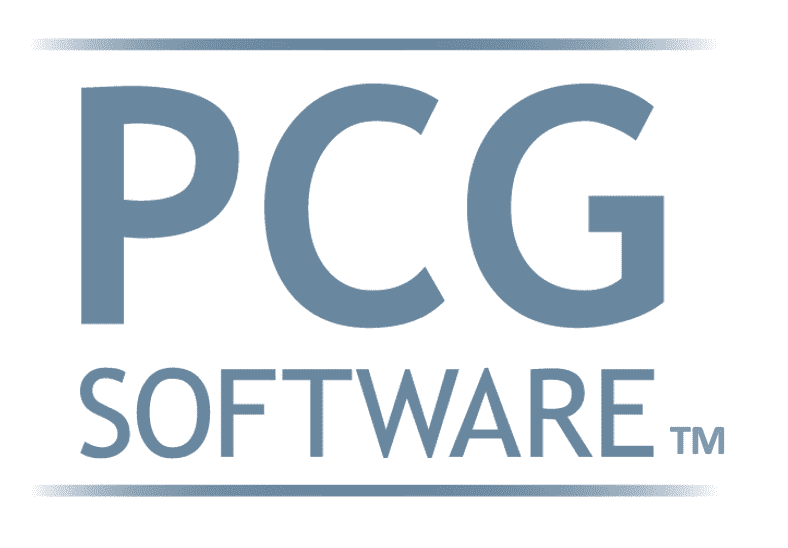Unnecessary Medical Billing Errors:
Simple Breakdown for New Providers, Billers, and Investors
As the healthcare system becomes increasingly complex, medical billing and coding have become critical components of the revenue cycle management process. Accurate billing and coding are essential for healthcare providers to receive timely payments for their services, while also ensuring that patients are billed correctly and fairly. However, unnecessary medical billing errors are a pervasive issue in the healthcare industry, resulting in financial losses, administrative burdens, and potential legal liabilities. In this blog post, we will explore the impact of unnecessary medical billing errors, provide statistics to highlight the prevalence of the issue, and discuss common medical codes associated with billing errors. We will also provide URL links to reputable sources for further reference.
Impact of Unnecessary Medical Billing Errors
Unnecessary medical billing errors can have significant consequences for healthcare providers, patients, and the overall healthcare system. One of the primary impacts of billing errors is financial loss. When claims are inaccurately coded or billed, healthcare providers may not receive the full reimbursement they are entitled to, leading to lost revenue. This can affect the financial stability of healthcare practices, particularly smaller ones with limited resources. In addition, healthcare providers may need to spend significant time and effort to correct billing errors, leading to increased administrative burdens and decreased efficiency in their operations.
Billing errors can also result in negative consequences for patients. Incorrect billing can lead to overbilling, which may result in patients paying more for their healthcare services than they should. This can cause financial strain for patients and erode trust in the healthcare system. Moreover, incorrect billing can also result in underbilling, where patients may not be charged appropriately for the services they received, leading to potential billing disputes and legal issues.
Unnecessary medical billing errors can also have broader implications for the healthcare system as a whole. Billing errors can contribute to the rising costs of healthcare by leading to overpayment or underpayment for services, which can affect insurance premiums and overall healthcare expenses. Additionally, billing errors can result in increased scrutiny and audits from insurance companies and government payers, leading to potential fines, penalties, and reputational damage for healthcare providers.
Statistics on Unnecessary Medical Billing Errors
The prevalence of unnecessary medical billing errors is well-documented through various studies and reports. Consider the following statistics:
- According to a report by the Medical Group Management Association (MGMA), the average denial rate for medical claims is estimated to be between 5% and 10%, and up to 50% of denied claims are never resubmitted. This indicates that a significant proportion of medical billing errors are not corrected, resulting in lost revenue for healthcare providers.
- A study published in the Journal of the American Medical Association (JAMA) found that of the 346 billion dollars spent on healthcare in the United States in 2018, approximately 200 billion dollars (58%) were spent on billing and insurance-related activities, including unnecessary administrative complexity and inefficiency.
- The American Medical Association (AMA) estimates that up to 12% of medical claims are submitted with inaccurate codes, resulting in claim denials or payment delays. This can cause significant financial strain and administrative burden for healthcare providers.
- A report by the Government Accountability Office (GAO) found that Medicare fee-for-service improper payments, which include billing errors, totaled approximately 31 billion dollars in 2020, accounting for 6.3% of Medicare fee-for-service payments.
- The Centers for Medicare and Medicaid Services (CMS) estimated that the national Medicare improper payment rate for the fiscal year 2020 was 6.27%, with an estimated total of 25.73 billion dollars in improper payments, which includes billing errors. This highlights the significant financial impact of unnecessary billing errors on the Medicare program.
Common Medical Codes Associated with Billing Errors
Medical billing and coding involve the use of various codes to accurately represent the services provided to patients. However, certain codes are more commonly associated with billing errors. Understanding these common codes can help healthcare providers identify potential areas of concern and take appropriate measures to reduce billing errors. Here are some examples:
- Evaluation and Management (E/M) codes: E/M codes are commonly used for billing office visits, hospital visits, and other evaluation and management services. However, they are also one of the most common areas where billing errors occur. Common errors include incorrect selection of the level of service, insufficient documentation, and upcoding or downcoding, which involves billing for a higher or lower level of service than what was actually provided. These errors can result in claim denials, payment delays, and potential legal liabilities.
- Modifier codes: Modifier codes are used to provide additional information about a service or procedure, such as indicating that a service was performed by a different provider, or that a service was performed on a different site of service. However, incorrect use or omission of modifier codes can result in billing errors. For example, using a modifier code inappropriately to increase reimbursement or failing to use a required modifier code can result in claim denials or payment delays.
- Diagnosis codes: Diagnosis codes are used to indicate the reason for a patient's visit or the condition being treated. However, coding errors can occur when selecting and sequencing diagnosis codes. Common errors include coding for symptoms rather than the underlying condition, coding for unspecified or non-specific diagnoses, and failing to update diagnosis codes as the patient's condition changes. These errors can result in claim denials, payment delays, and potential audit risks.
- Procedure codes: Procedure codes are used to describe the services or procedures performed during a patient's visit. Errors in procedure coding can occur when selecting the appropriate code for the service or procedure, using outdated codes, or incorrectly bundling or unbundling services. These errors can result in claim denials, payment delays, and potential audit risks.
- Laboratory and diagnostic codes: Laboratory and diagnostic codes are used to bill for laboratory tests, radiology services, and other diagnostic procedures. Errors in these codes can occur when selecting the appropriate test or procedure code, using outdated codes, or failing to document medical necessity. These errors can result in claim denials, payment delays, and potential audit risks.
Conclusion
t's important for healthcare providers to ensure that their billing and coding practices are accurate and compliant with the relevant coding guidelines and regulations to avoid unnecessary billing errors. For further reference on unnecessary medical billing errors, PCG Software has medical coding software for both payers and providers.Click one of the buttons below or call us today!
Our History and Credibility in Reporting this Information:
For over 30 years, PCG Software Inc. has been a leader in AI-powered medical coding solutions, helping Health Plans, MSOs, IPAs, TPAs, and Health Systems save millions annually by reducing costs, fraud, waste, abuse, and improving claims and compliance department efficiencies. Our innovative software solutions include Virtual Examiner® for Payers, VEWS™ for Payers and Billing Software integrations, and iVECoder® for clinics.


